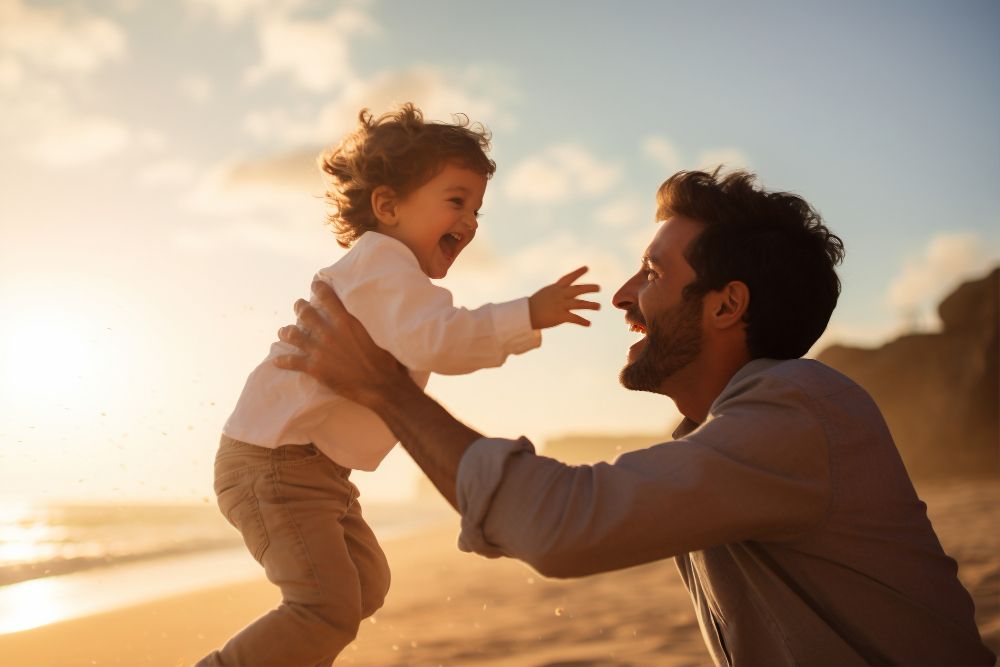Introduction:
As a seasoned physician, my commitment to promoting mental health extends beyond the
clinic walls.
Recognizing the signs of teen suicide is crucial for parents and guardians, as it enables
early intervention and support.
In this article, we will explore key indicators that may suggest a teenager is struggling with
suicidal thoughts.
Changes in Behavior:
One of the initial signs to watch for is a significant shift in the teenager‘s behavior.
This can include sudden withdrawal from friends and family, a decline in academic
performance, or a loss of interest in hobbies they once enjoyed.
By staying attuned to these changes, caregivers can identify potential issues early on.
Emotional Distress:
Teenagers often experience emotional highs and lows, but persistent feelings of
hopelessness, sadness, or despair may signal a deeper issue.
Keep an open line of communication, encouraging your teen to express their feelings
without judgment. A sudden or extreme shift in mood can be a red flag.
Isolation and Withdrawal:
A withdrawal from social activities, family interactions, or once-loved pastimes may
indicate emotional distress.
If a teenager consistently isolates themselves, it’s important to initiate conversations about
their feelings and experiences.
Changes in Sleep Patterns:
Disruptions in sleep patterns, such as insomnia or excessive sleeping, can be indicative of
emotional struggles.
Pay attention to irregularities in your teenager’s sleep routine and address any concerns
with a healthcare professional.
Expressing Suicidal Thoughts:
Verbalizing thoughts of suicide is a clear cry for help.
Take any mention of suicide seriously, and seek professional assistance immediately.
Ensure your teen knows there is support available and that reaching out for help is a sign
of strength.
Risk-Taking Behaviors:
Engaging in reckless activities or showing a disregard for personal safety can be a way for
teens to cope with emotional pain.
Keep a watchful eye on any sudden changes in behavior that may put the teenager at risk.
Decline in Academic Performance:
A notable drop in grades or a lack of interest in academic pursuits can be indicative of
emotional struggles.
Collaborate with teachers and school counselors to address any concerns and create a
support system for the teenager.
Conclusion:
Being vigilant and proactive is key to identifying potential signs of teen suicide.
Open communication, a supportive environment, and professional assistance can make
a significant difference in a teenager’s life.
you suspect your teenager may be struggling, don’t hesitate to seek help from mental
health professionals who can provide the necessary support and guidance.
Remember, early intervention saves lives.











